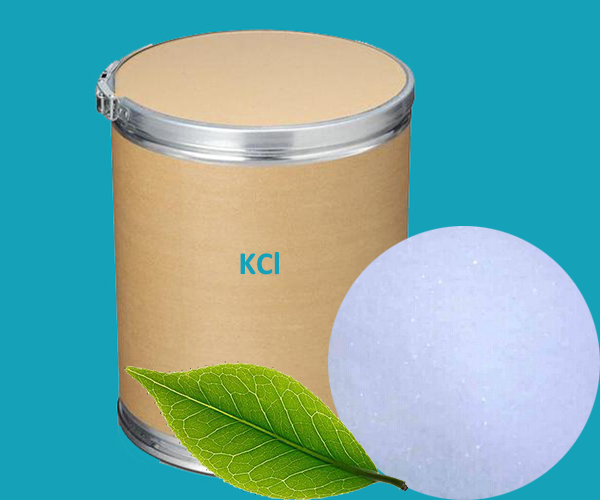Potassium chloride is an ionic salt featuring a bond between an alkali metal and a halogen. It is denoted by the chemical formula KCl and is made up of potassium cations and chloride anions in a 1:1 ratio.
Potassium chloride is characterized by a colourless, crystalline appearance and an odourless smell. In its solid form, potassium chloride can be easily dissolved in water and the resulting KCl solution is said to have a salty taste.
Properties of Potassium Chloride
The crystals of potassium chloride are made up of face-centred cubic (FCC) unit cells.
The molar mass of KCl is 74.5513 grams/mol.
Its density in the solid, crystalline form is 1.984 grams per cubic centimetre.
The melting and boiling points of potassium chloride are 1040 K and 1690 K respectively.
At 0°C, 20°C, and 100°C, the solubility of KCl in water corresponds to 217.1 g/L, 253.9 g/L, and 360.5 g/L respectively.
Potassium chloride is highly soluble in alcohols but not soluble in ether
Uses of Potassium Chloride
Potassium chloride has a wide range of medical and industrial applications. It is also an integral part of fertilizer production. Some important uses of KCl are listed below.
1. Potassium chloride is used in the manufacture of potash, an important form of fertilizer that enriches soils with potassium which promotes the growth of plant life. Potassium availability is usually the key inhibitor for plant growth. Potassium chloride, acting as a source of potassium, can increase the availability of potassium in the soil.
2. The potash fertilizers made from KCl (called Muriate of Potash, or MOP) make up the majority of potash fertilizers sold worldwide.
3. The medical treatment of low blood pressure commonly employs potassium chloride as a part of the medication.
4. KCl is used as a salt substitute in food where a low concentration of sodium in the salt is desired in order to reduce the risk of high blood pressure.
5. Potassium chloride is one of the important raw materials required in the manufacture of potassium metal.
6. The metal halide salt KCl is also used in the manufacture of soaps. Water softening units can involve the use of potassium chloride as an alternative to sodium chloride as well.
7. The use of potassium chloride as a source of beta radiation is extremely useful in calibrating radiation monitoring equipment.
8. The flux required in the oxy-fuel welding of aluminium consists of potassium chloride along with the chloride salts of lithium and sodium.
 English
English Español
Español Português
Português Français
Français Deutsch
Deutsch Русский
Русский 中文
中文 日本語
日本語
